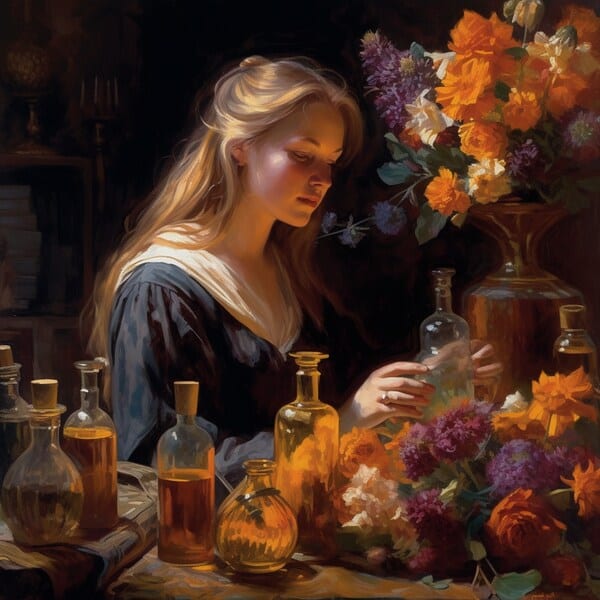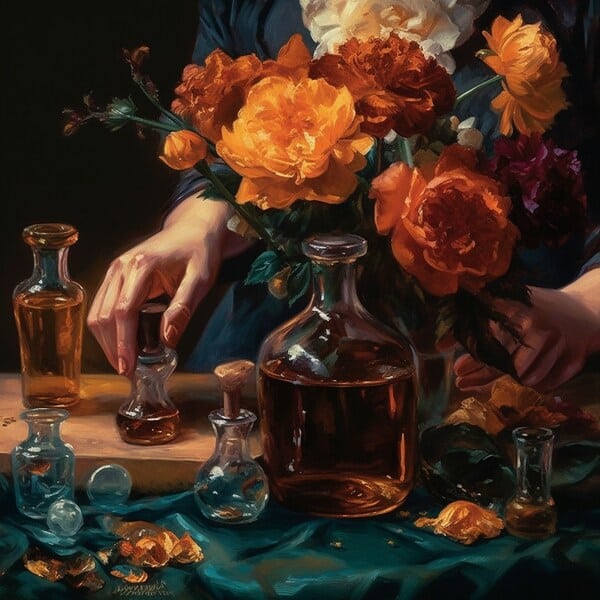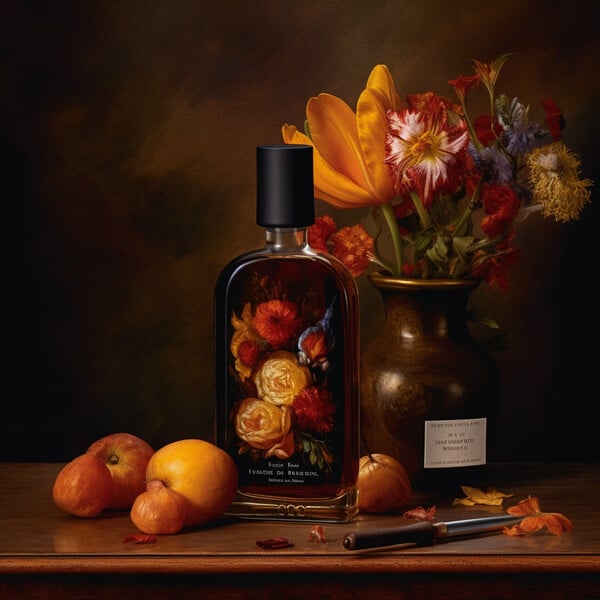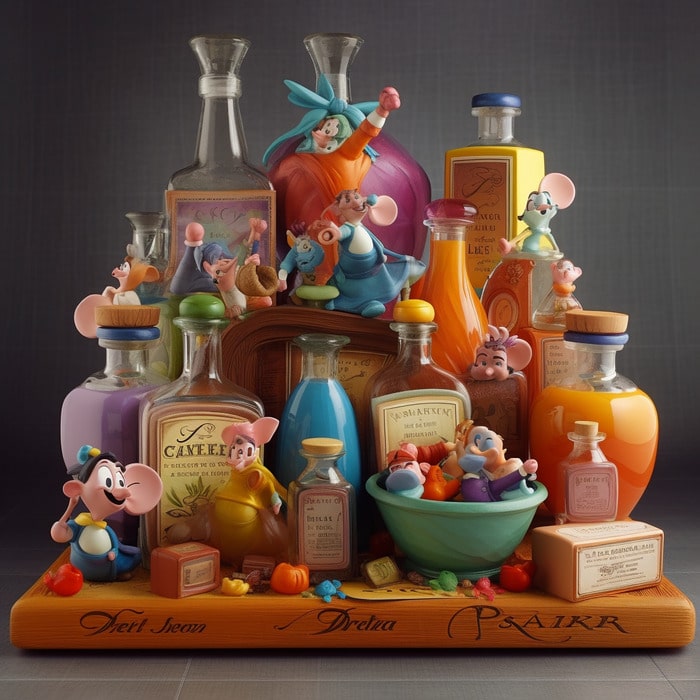[ad_1]
Get Ready to Smell the Success: How to Become a Perfume Chemist in 3 Simple Steps
Are you sick of smelling the same as everyone else? Do you want to learn how to make perfume and develop your trademark scent? Well, you've arrived at the correct location! In this post, we'll teach you how to become a perfume chemist in three simple stages.
Method 1: Learn About Different Scents
The first step in becoming a perfume chemist is learning about various smells. Perfumes are classified into distinct categories based on the scent notes they contain. These notes are classified into top, middle, and base notes.

- Top notes: The first fragrances you'll notice in a perfume. They are light and pleasant and typically last 15-30 minutes on the skin. Bergamot, lemon, and lavender are examples of top notes.
- Middle notes: These are the perfume's heart and often last a few hours. They are more powerful than top notes and contribute to the perfume's personality. Jasmine rose, and ylang-ylang are examples of middle notes.
- Base notes: These are the aromas that stay on your skin for several hours after you've applied the perfume. They are often rich and heavy, contributing to the perfume's longevity. Vanilla, musk, and patchouli are examples of base notes.
Knowing about these various smells will help you understand how perfumes are made and how different notes may be mixed to produce one-of-a-kind fragrances.
How to Become a Perfume Chemist in 3 Steps!
Method 2: Experiment with Blending

After you've gained a fundamental grasp of smells, you may begin experimenting with combining. The simplest method is to buy pre-made fragrance oils and mix them in small amounts.
It is critical to keep the aroma notes in mind while combining perfumes. Begin by combining a top note, a middle note, and a base note in equal amounts. Afterward, smell the mixture and modify the ratios until the appropriate perfume is obtained.
Helpful tip: Write down and label your mixes to keep track of them. This will assist you in the future when recreating successful mixes.
How to Become a Perfume Chemist in 3 Steps!
Method 3: Invest in Quality Ingredients

After mastering the blending technique, it's time to invest in high-quality ingredients. Seek fragrance oils created with high-quality components intended for use in fragrances.
An excellent carrier oil, such as jojoba or sweet almond oil, is also essential. These oils will dilute your perfumes and make them suitable for use on your skin.
Next, get a nice set of measurement equipment like droppers and pipettes. It is critical to correctly measure your components to create a balanced and harmonious aroma.
Conclusion
It may appear challenging to become a perfume chemist initially, but with these three simple steps, anyone can achieve it! Begin by learning about various scent notes, then experiment with combining and investing in high-quality components. Who knows, you may come up with the next best-selling scent!
Consider wearing a smell that no one else possesses, a scent that matches your personality and helps you stand out in a crowd! Thus, if you want to scent success, become a perfume chemist!
5 Unique FAQs After The Conclusion
- What are the most popular fragrance notes used in perfumes?
Floral, citrus, woody, oriental, and fresh are the most commonly utilized smell notes in fragrances. Floral notes originate from flowers like rose, jasmine, and lavender, while citrus notes come from fruits like lemon, orange, and bergamot. Woody notes originate from trees like cedar and sandalwood, while oriental notes are generated from spices like cinnamon and vanilla. Natural sources of fresh notes include mint and eucalyptus.
- Is it possible to make perfumes without using pre-made fragrance oils?
Yes, you can produce perfume without using pre-made fragrance oils. Natural essential oils, produced from plants and have distinct aromas, can be used to make perfumes. These oils can be combined to make a one-of-a-kind perfume smell. Yet, without the assistance of pre-made fragrance oils, generating a balanced and long-lasting smell might be challenging.
- Can I make perfumes without a background in chemistry?
While a piece of knowledge of chemistry is advantageous for creating fragrances, it is not required. Many perfumers are self-taught or learned by trial and mistake. On the other hand, understanding chemistry fundamentals might be helpful when dealing with scent notes and knowing how they interact.
- How long does it take to become a professional perfume chemist?
Becoming a professional perfume chemist might take several years of school and training. Many professional perfumers hold a bachelor's degree in chemistry, biology, or a closely related discipline. Before being completely qualified, they may also complete many years of apprenticeship with expert perfumers. The precise time frame will depend on the individual's educational background and level of expertise.
- Is it necessary to have a degree in perfumery to make perfumes?
No, a perfumery degree is not required to create scents. Many perfumers are self-taught or learned by trial and mistake. On the other hand, a degree in chemistry, biology, or a similar discipline might be helpful when dealing with scent notes and knowing how they interact. Furthermore, formal perfumery training can give a more thorough grasp of the sector and its procedures.
[ad_2]






















